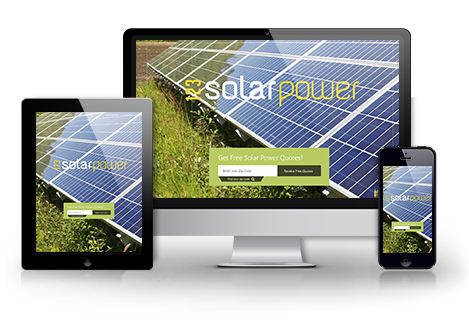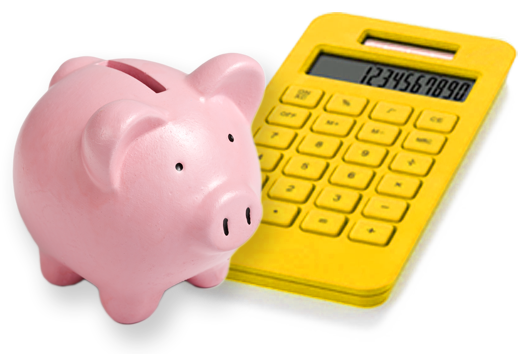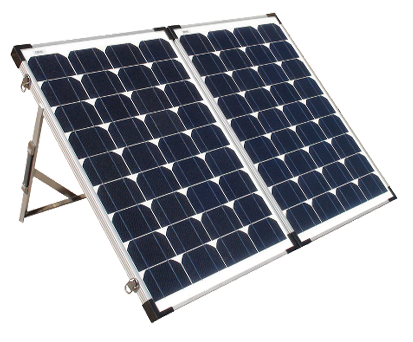Michigan Incentives
123SolarPower leads the way in renewable energy solutions, for the US and Canada. We provide solar solutions across the continent. Wherever you live, there is a solar energy professional nearby; ready to help you save on your utility bills. For information regarding the best solar panel installation Michigan prices contact us today.
When people think of Michigan the first city that comes to mind is Detroit. The motor city hardly conjures up thoughts of renewable solar energy. After all, it is a city that was built on gasoline powered vehicle manufacturing. It is also known for its huge contribution to the music industry and, unfortunately, for the recent economical down turn. However the city of Detroit and the state of Michigan are working hard to repair the image of Detroit, as well as the entire state, which offers recreation, pristine wilderness, agriculture and over 3000 miles of coastline. Amid this drive toward rebirth, a mandatory Renewable Energy Standard has been implemented statewide to the benefit all residents and the environment. Solar panels Michigan is a big part of the manufacturing hubs new future.
The Michigan Renewable Energy Standard
The Michigan Renewable Energy Standard requires that 10% of all energy produced shall come from a renewable energy source, which includes solar, wind, biomass, geothermal, tidal and several others. This program has encouraged the states utilities to offer incentive programs to consumers such as net metering, tax breaks and performance based incentives. Whether you want them for your home, or your stock portfolio now is the time to invest in solar panel Michigan.
Net Metering Law
Michigan’s net metering law permits home solar panels Michigan and commercial customers to net meter solar systems up to 150KW. Under the law monthly excess generation of up to 20KW is credited back to the consumer’s future utility bills. There is no provision for regular reimbursement for excess generation, but consumers may reach an agreement with their particular utility provider for such reimbursement. If a customer switches providers, or becomes completely independent of the grid, the utility provider is required to refund the cost of the remaining unused excess power. Net metering requires a signed standard interconnection agreement with the utility company.
Personal Property Tax Exemption
All photovoltaic power generation systems of any size are exempt from property taxes. In other words, a solar system installed on a residential home may not be taxed as an improvement to the property regardless of the cost and size of the system or various property value increase.
Federal Income Tax Credit
The energy Policy Act of 2005 allows for a tax credit of 30% against the cost of equipment and installation of all residential solar systems. This credit, filed with the standard form 1040, on form 5695 is available to residents of Michigan in addition to any state incentives. Any excess amount above the federal tax amount owed will be applied to the following years return. The income tax credit is available through 2016. With these kinds of savings available it makes sense to install residential solar panels Michigan as soon as possible.
Help For All Michigan Residents
In line with Michigan’s continuing efforts to augment the percentage of alternative energy produced statewide, it has created Renewable Energy Renaissance Zones to attract more providers of renewable energy. The time is perfect for residential homeowners to join this renaissance and go solar. The incentives are already in place. If you are interested in taking advantage of these incentives, saving energy and helping Michigan escape from its dependence on coal as the number one electricity producer, fill out the simple form on this website or call 800-294-2397 for price quotes and information about clean and free solar energy and how it is right for you. There has never been a better time to buy solar panels Michigan!





